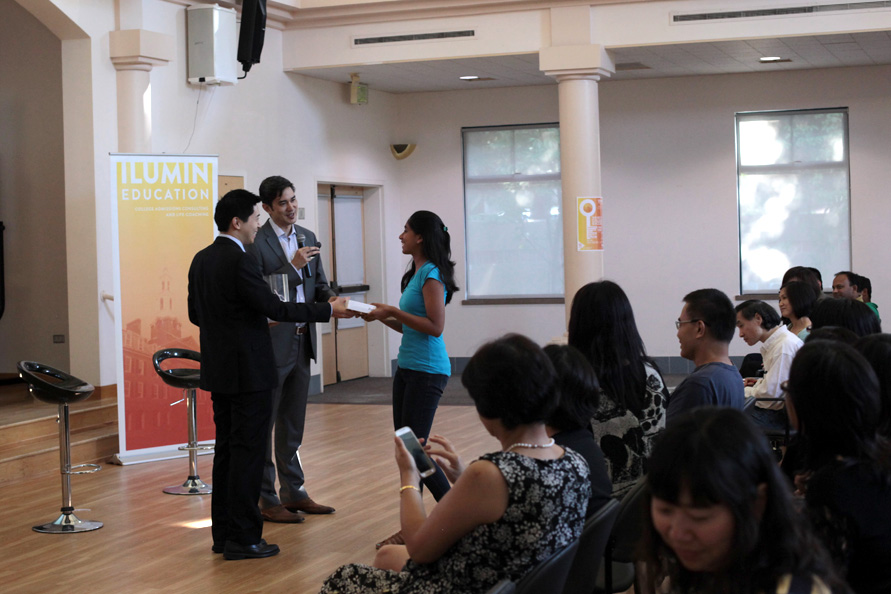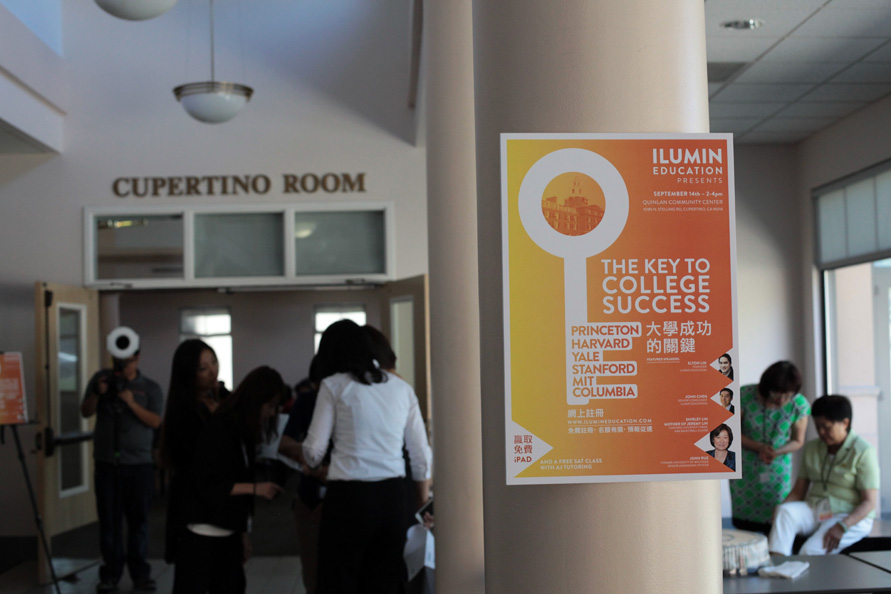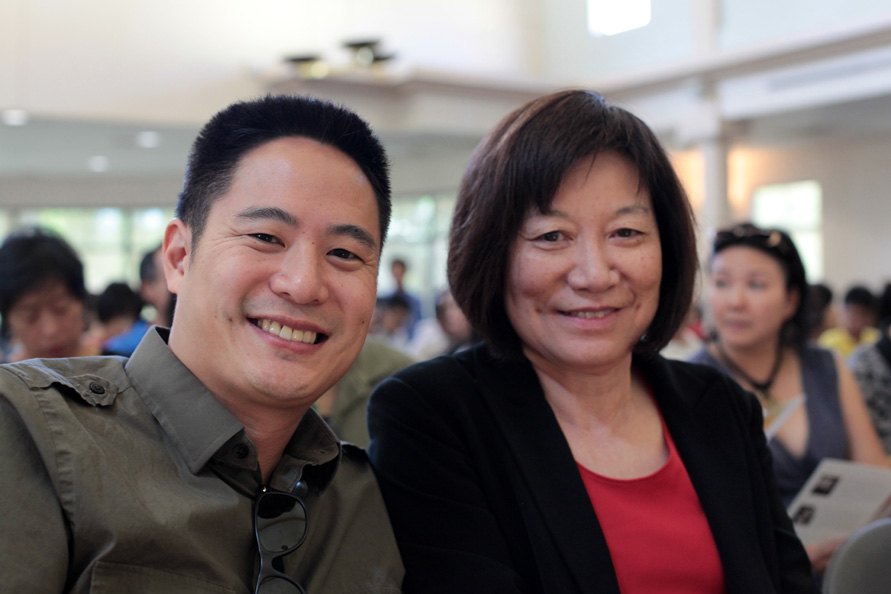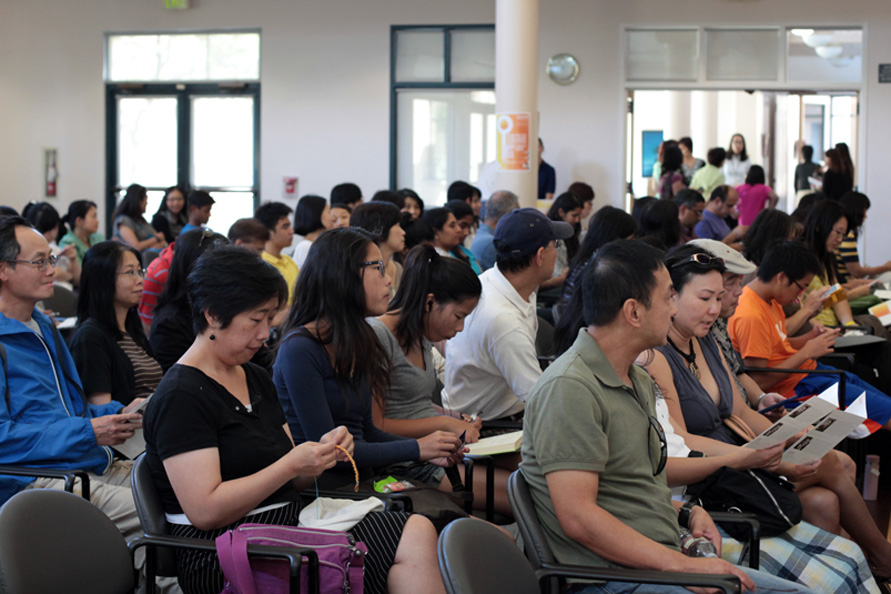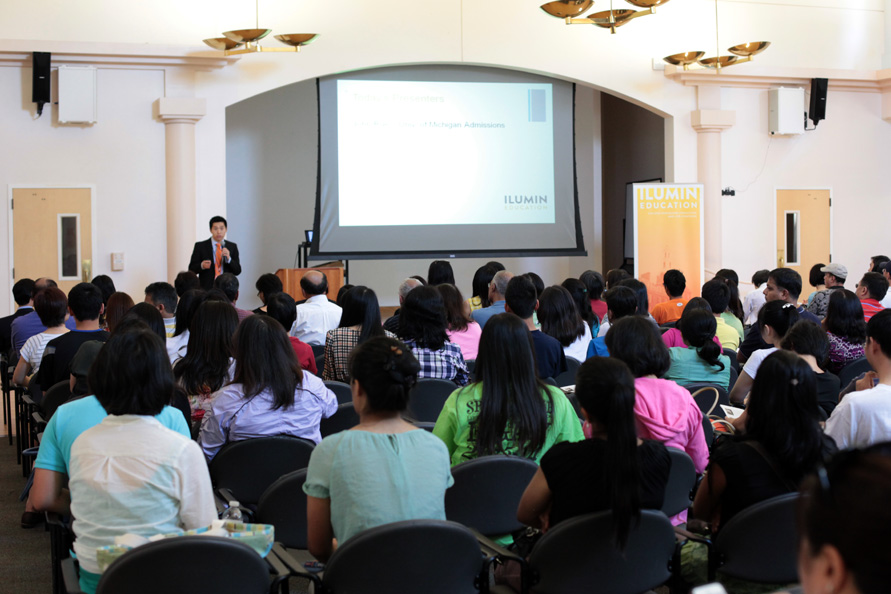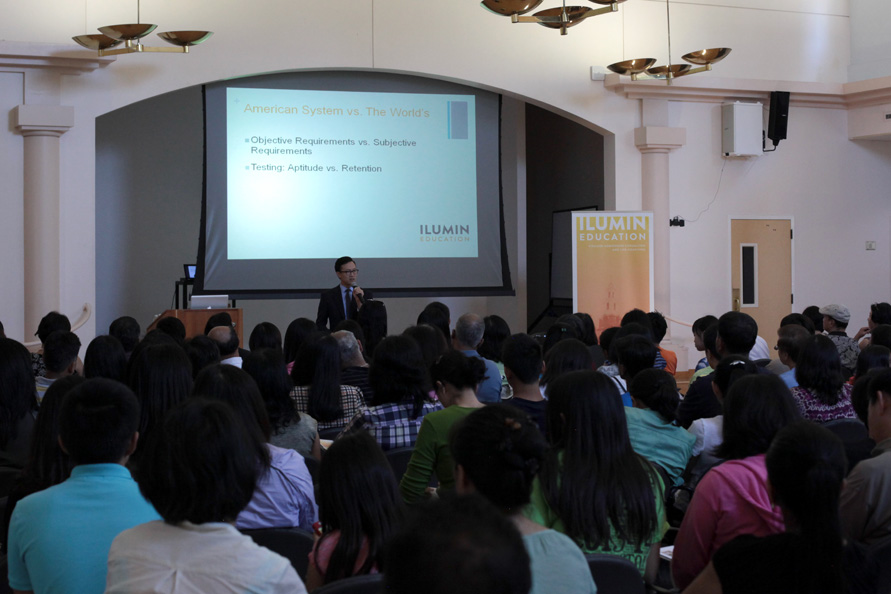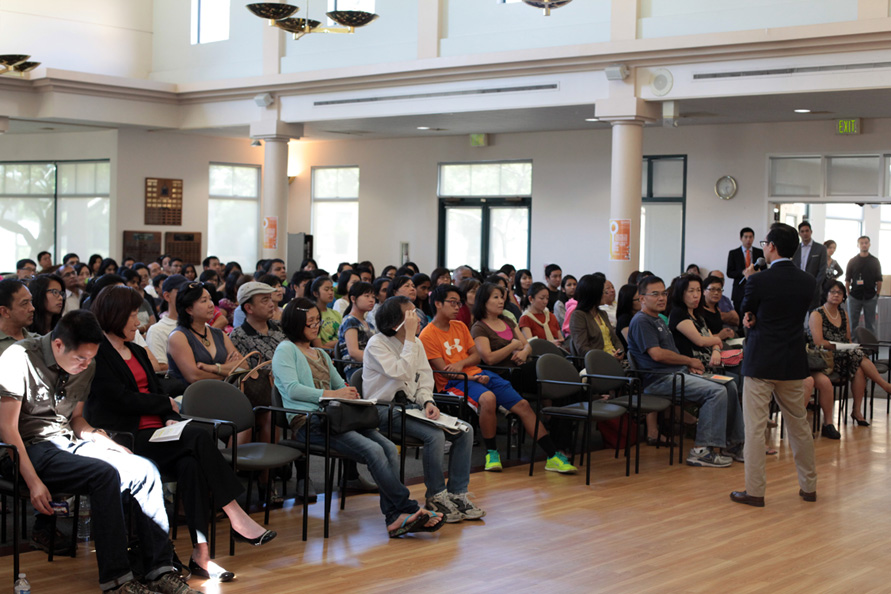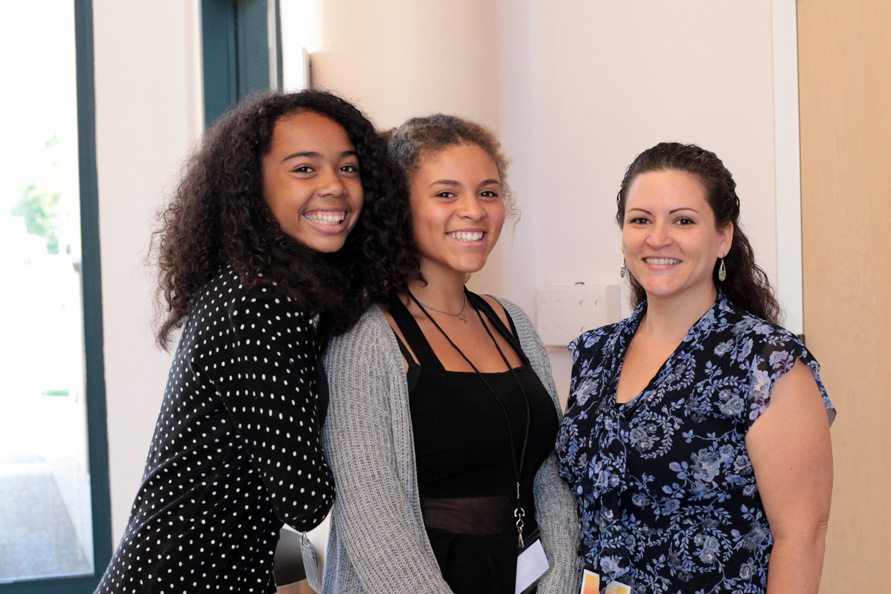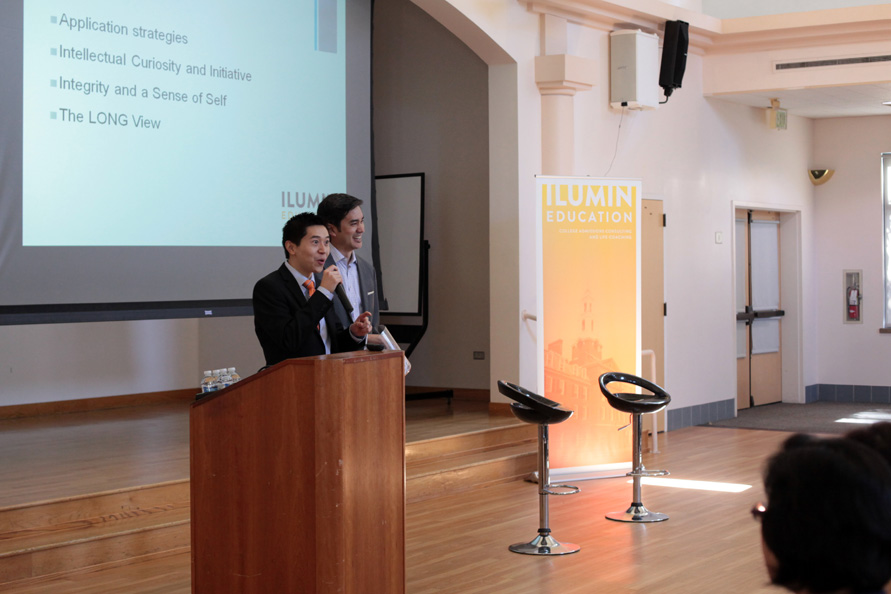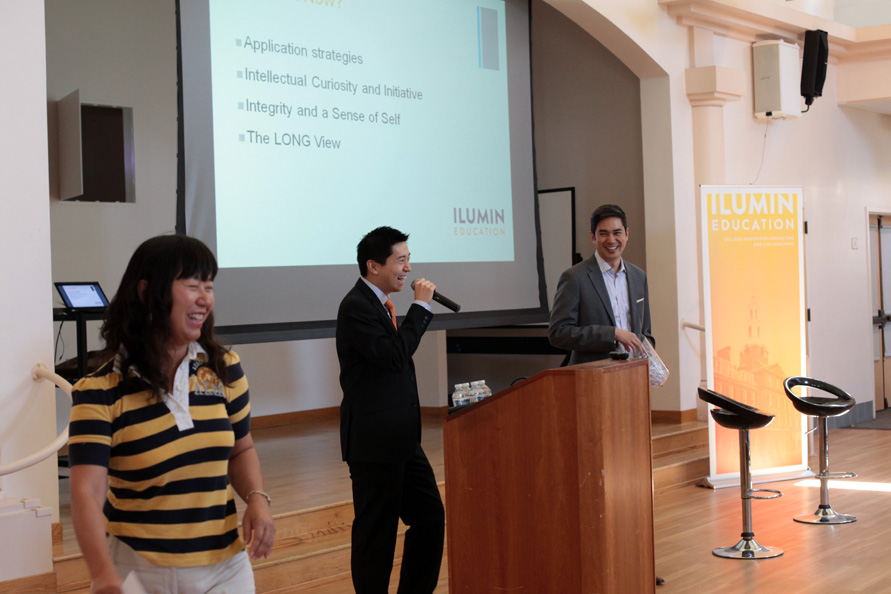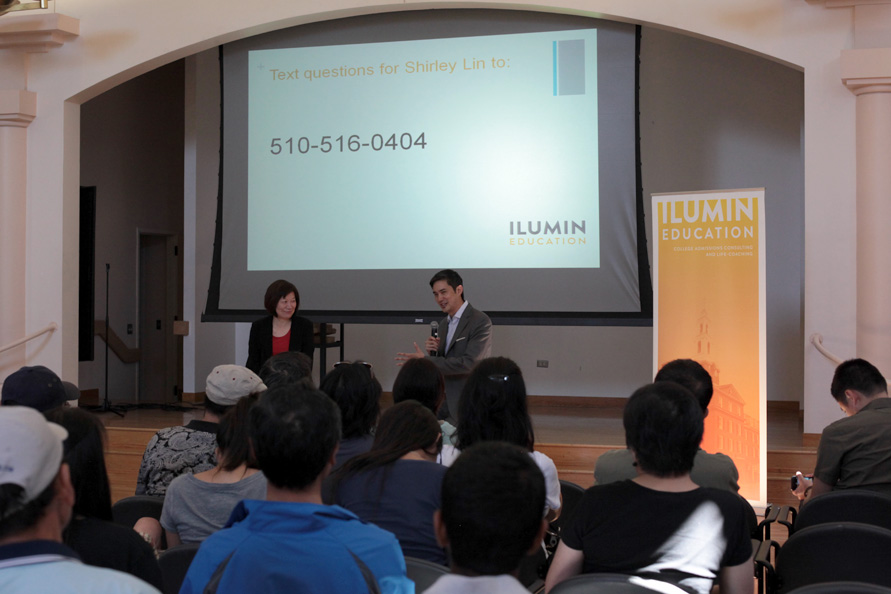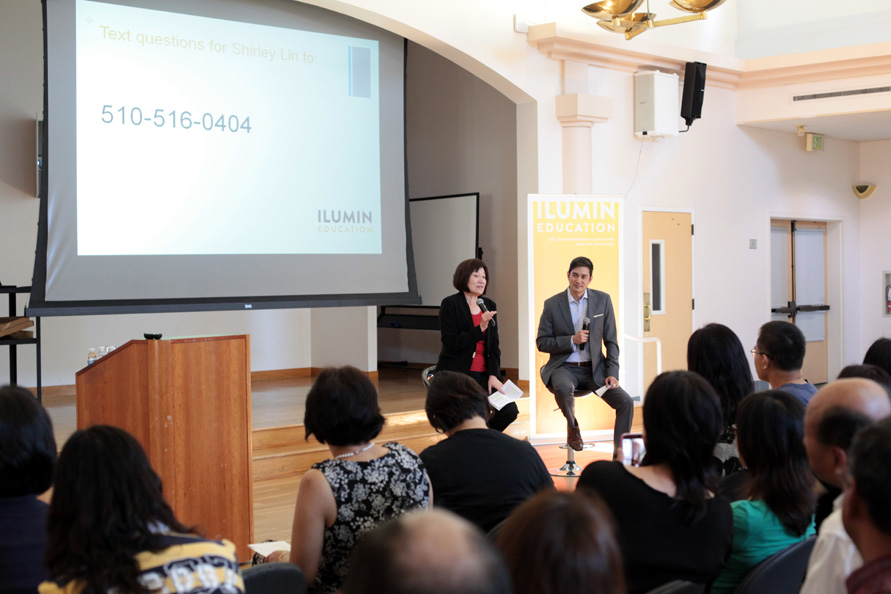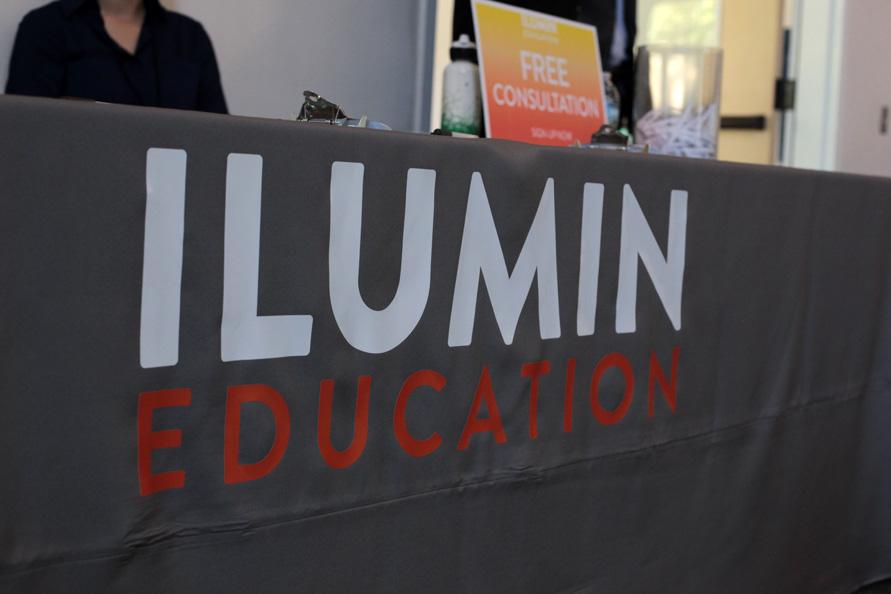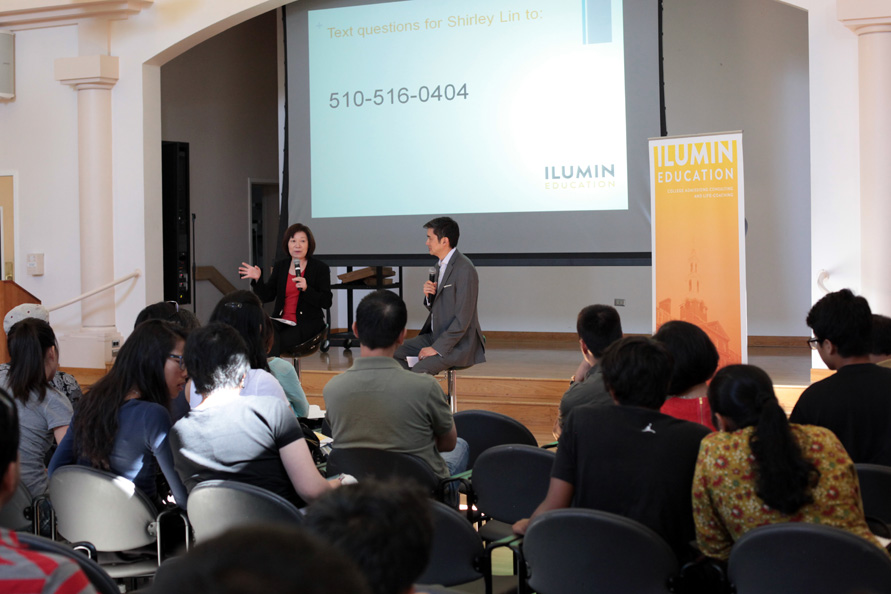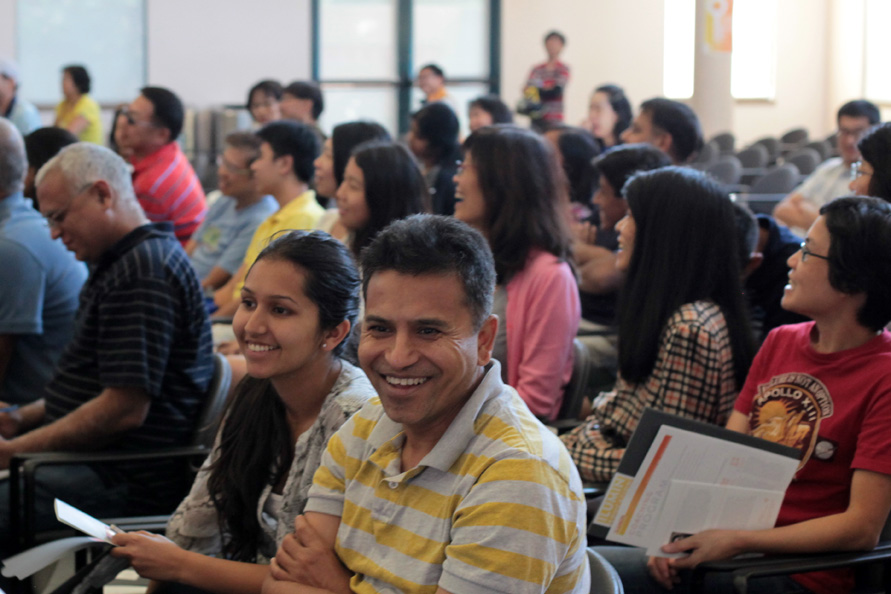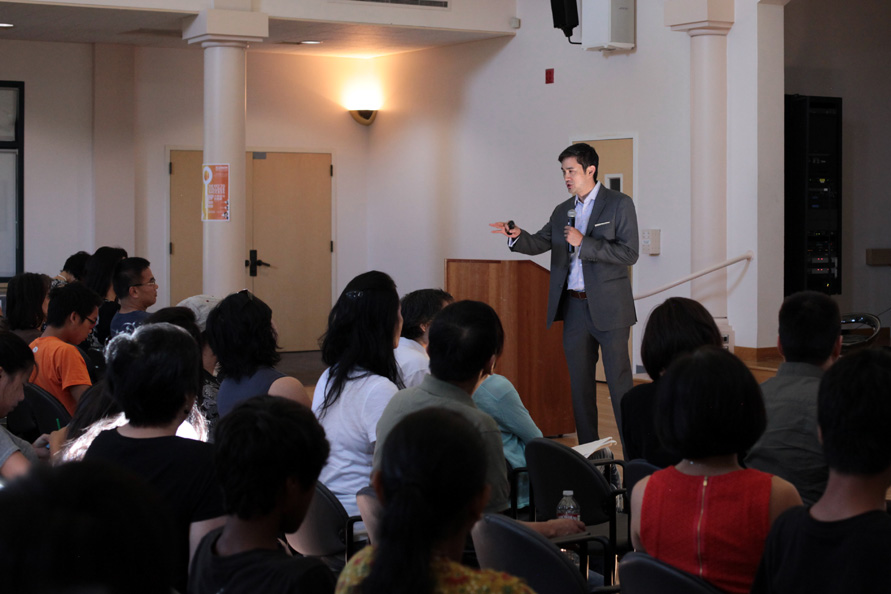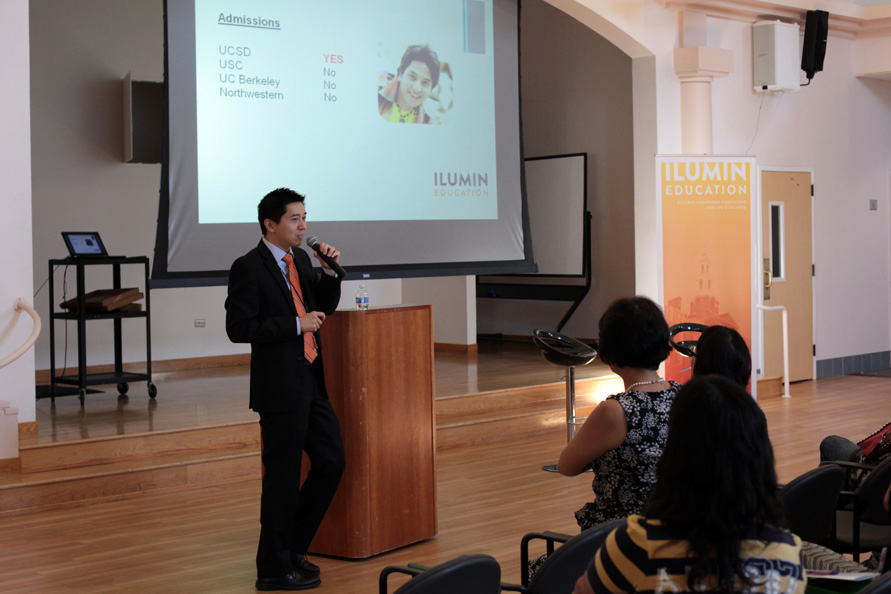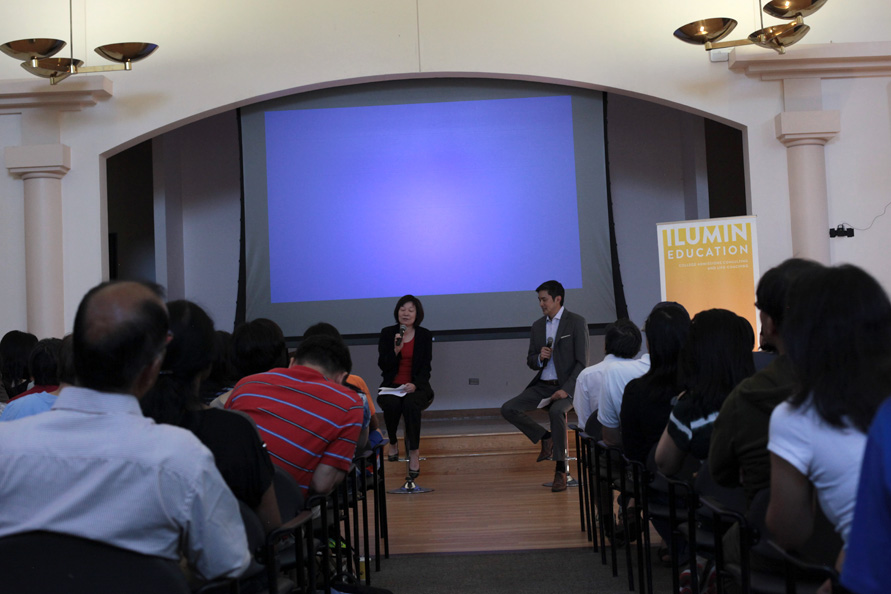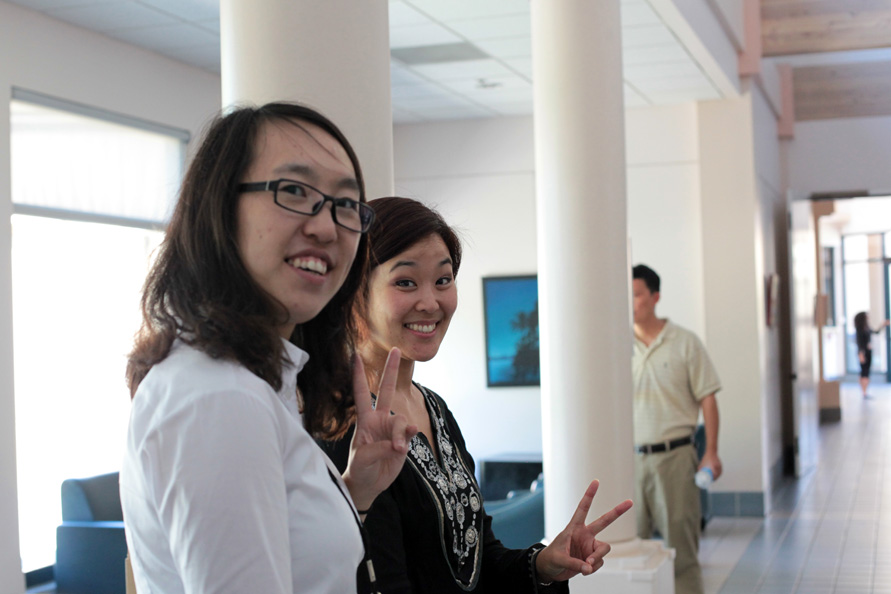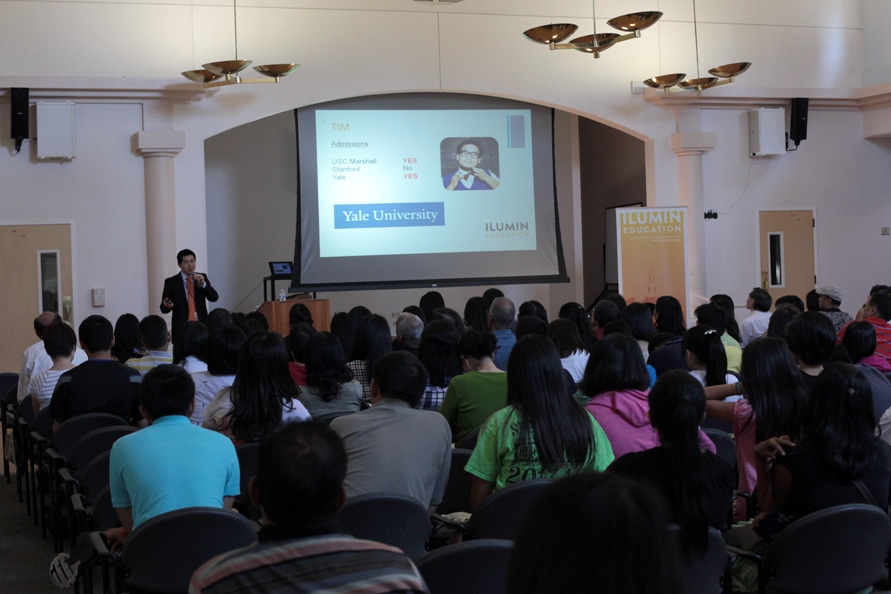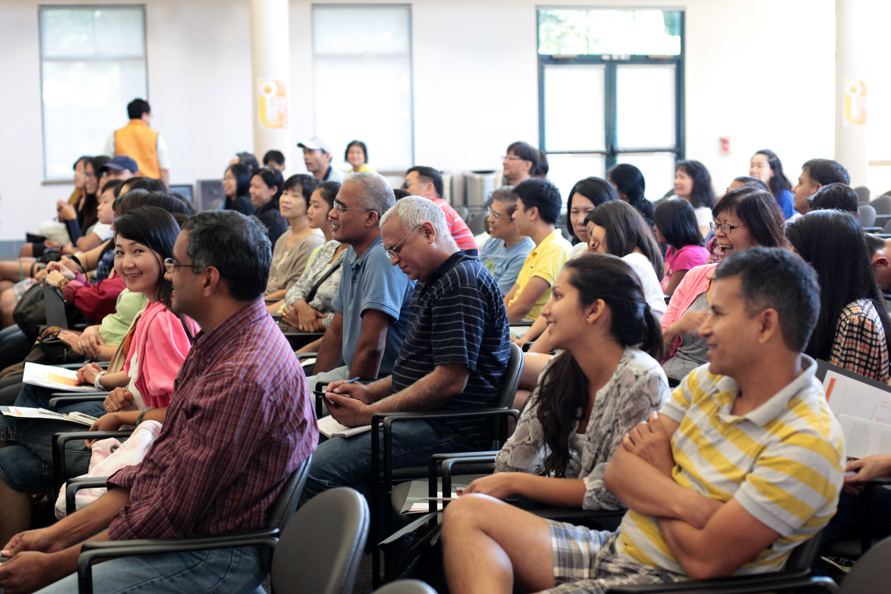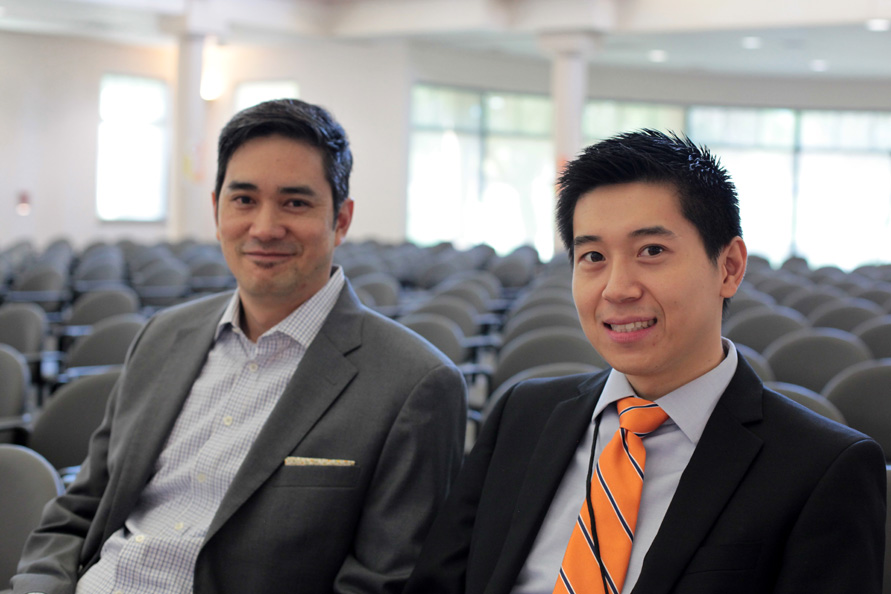Top-Tier Colleges: What do they really want? (Part 1)
John Chen
34,000. That’s how many earnest high school seniors applied to Harvard University last year. Only about 2023 of them were admitted. In 2011, Harvard had a 6.17% admittance rate. In 2012, it decreased to 5.92%. By 2013, it dropped to an all time dismal low of 5.79%. In 2014, it went back up to 5.9%.
So what can parents do to help their child enter the ultra-competitive Ivy Leagues? Particularly, what can Asian parents do when every Asian student looks identical: a top violinist who is also the president of the debate club and captain of the robotics club, graduating top of her class with a 2400 SAT score.
From our experience as college admissions consultants, we’ve discovered a few key parenting trends that help raise an Ivy-League ready child.
Ivy Leagues seek students who are their own masters.
The Stanford admissions website states that “We want to see the initiative with which [students] to seek out opportunities that expand [their] perspective and that will allow [them] to participate in creating new knowledge. These traits of self-trust and drive are often rarely found among Asian students. We coach mostly Asian students, and we’ve discovered how our collectivist values (which stress service, thoughtfulness, and submission) leave many Asian students immobilized.
For example, Paul was one such student. He received his two B’s in sophomore year and his mom was furious. The next year, she sat next to him for up to six hours a day watching him study and complete his homework. She also cancelled most of his extracurriculars and scheduled him with as much tutoring and SAT test preparation as possible. The result? He never learned to take control of his own learning. He never learned how to make his own decisions and manage his own time. His GPA began to slip, and his lack of extracurriculars and apparent lack of initiative hampered his future. He had barely made it into UCSD after being waitlisted for a few months.
Often these students, who have the raw talent to do well at an Ivy League, do not make it to one if they lack initiative. However, we’ve found that parents who foster a sense of independence and self-trust enable their students to thrive.
One of our students from 2012 comes to mind. Fred and Nina often asked their son, Tim, “Well, what do you think? You decide.” Tim learned to identify a problem and figure out how to solve it on his own. As we worked with Tim, he was bothered that many students from low-income neighborhoods were not college-bound. Tim started a college-admissions workshop for inner city high school students. Tim planned an entire semester’s worth of curriculum and met with high school students each week to provide academic counseling. Tim was the commander of this project, and owned the process from start to finish. Tim later began his freshman year at Yale University--a place in which the president wrote, “In selecting future Yale students, “I am inclined to believe that the person who gives every ounce to do something superbly has an advantage over the person whose capacities may be great but who seems to have no desire to stretch them to their limit.” “We look for that desire and ability to stretch one’s limits” states another Yale admission officer. That motivation can only come from students who have learned how to think--and act--for themselves.
Come back tomorrow to learn the second trait top-tier colleges are looking for!




